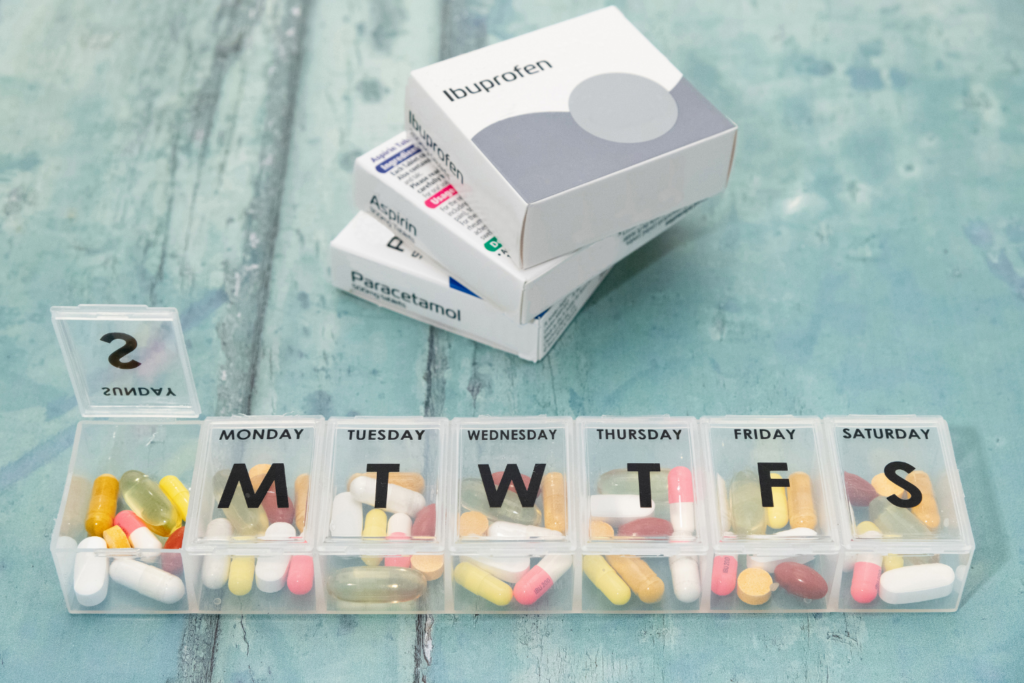
In an era where innovation converges with healthcare, entrepreneurs and investors are presented with unprecedented investment opportunities. This allows them to not only revolutionize patient care but also bolster their financial portfolios.
The healthcare landscape has witnessed a surge in cost-saving tools that enhance operational efficiency while yielding substantial returns on investment. These include EMRs, EHRs, telehealth, wearable technology, and more.
In this article, we will talk about how visionary entrepreneurs and forward-thinking investors are leveraging these cost-saving tools.
Contents
EMR and EHR: Streamlining Healthcare
Electronic Medical Records (EMRs) and Electronic Health Records (EHRs) have evolved beyond their roles as digital archives of patient data. They now offer dynamic healthcare solutions with the capacity to yield substantial cost savings.
According to Business News Daily, the terms EMR and EHR are often used interchangeably. As such, many individuals believe that they are replacements of one another. But the truth is, there is no EMR vs EHR as they both serve distinct yet interconnected roles in healthcare.
According to Psyquel, EMRs streamline administrative processes, reducing paper-related expenses and minimizing errors arising from manual data entry. EHRs, on the other hand, offer a comprehensive overview of a patient’s health journey, facilitating quicker diagnosis and treatment decisions.
With the ability to exchange information seamlessly between healthcare providers, these systems slash redundant tests, saving both time and resources. By implementing EMRs and EHRs, healthcare entrepreneurs and investors contribute to optimized healthcare operations.
Telehealth Innovations
Telehealth platforms have emerged as game-changers in healthcare cost savings. By enabling remote consultations, diagnostics, and follow-ups, telehealth reduces the need for physical visits, thus cutting transportation costs.
Additionally, healthcare entrepreneurs can establish virtual clinics with lower overhead, expanding their reach without the expenses associated with traditional setups. Investors can tap into telehealth startups that bridge gaps in healthcare access, offering convenient cost-saving solutions.
AI-Powered Diagnostics
The integration of Artificial Intelligence (AI) in diagnostics holds immense promise for cost-effective healthcare. AI algorithms can analyze lab results, medical images, and patient histories to aid in accurate diagnosis.
By swiftly identifying patterns and anomalies, AI reduces the likelihood of unnecessary tests and procedures, trimming expenses while expediting treatment. Healthcare entrepreneurs venturing into AI-powered diagnostics stand to benefit from reduced operational costs and improved patient outcomes.
Remote Patient Monitoring
Remote patient monitoring (RPM) technologies allow continuous tracking of patients’ health conditions from a distance. By detecting early signs of deterioration, RPM prevents hospital readmissions, a significant source of healthcare expenditure.
According to Grand View Research, the worldwide RPM system market was worth USD 4.4 billion in 2022. It is predicted to expand at a consistent annual CAGR of 18.5%. Remote monitoring systems enhance chronic disease management by tracking progress and warning signs, driving global demand.
Entrepreneurs can explore RPM solutions that offer savings for healthcare facilities by curbing costly emergency visits. Investors aligning with RPM startups promote proactive care, reducing long-term healthcare costs and fostering healthier patient populations.
Blockchain in Healthcare
Blockchain technology is revolutionizing data security in healthcare. By ensuring tamper-proof records and secure data sharing, it mitigates costly breaches and enhances trust between stakeholders.
According to Precedence Research, blockchain technology in the healthcare sector was valued at USD 0.76 billion in 2022. It is predicted to grow to around USD 14.25 billion by 2032. During the projection period of 2023 to 2032, it is predicted to develop at an outstanding CAGR of 34.02%.
Entrepreneurs and investors backing blockchain solutions contribute to significant cost savings through streamlined data management and reduced administrative overhead. As blockchain transforms healthcare data handling, financial gains merge with heightened security for an investment proposition that resonates.
Wearable Health Technology
Wearable health devices enable patients to track their health in real time. These devices gather data on vital indicators, physical activity, and other factors, allowing for proactive treatments. Wearables reduce healthcare expenses related to chronic illness management by promoting early intervention and preventative care.
Entrepreneurs venturing into wearable tech tap into a market that enhances patient engagement while curbing healthcare expenses. Investors supporting wearable health tech startups align with a burgeoning industry that merges wellness with financial wisdom.
Data Analytics for Decision-Making
Data analytics platforms offer invaluable insights into patient populations, treatment effectiveness, and operational efficiency. Healthcare entrepreneurs armed with data-driven insights can optimize resource allocation, enhance care pathways, and reduce wastage.
Investors backing data analytics ventures fuel financially savvy healthcare organizations that make informed decisions. As the industry increasingly relies on data to improve outcomes, healthcare entrepreneurship and data analytics hold substantial promise.
Ending Note
In the domain of healthcare advancement, inventive entrepreneurs and forward-looking investors are capitalizing on an array of cost-effective tools. This involves streamlining EMR/EHR, impactful telehealth, AI diagnostics, remote patient monitoring potential, blockchain security, and empowering wearable health tech.
These tools collectively shape a transformative narrative. Entrepreneurs making use of these instruments are paving the way for streamlined operations, reduced costs, and improved patient outcomes. Investors are aligning themselves with ventures that promise financial gains while contributing to a healthier society.
Together, healthcare entrepreneurs and investors are driving change by harnessing innovation to reshape healthcare and nurture financial growth.




